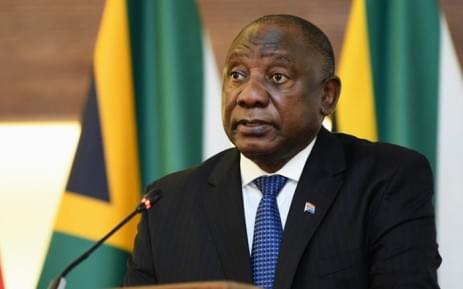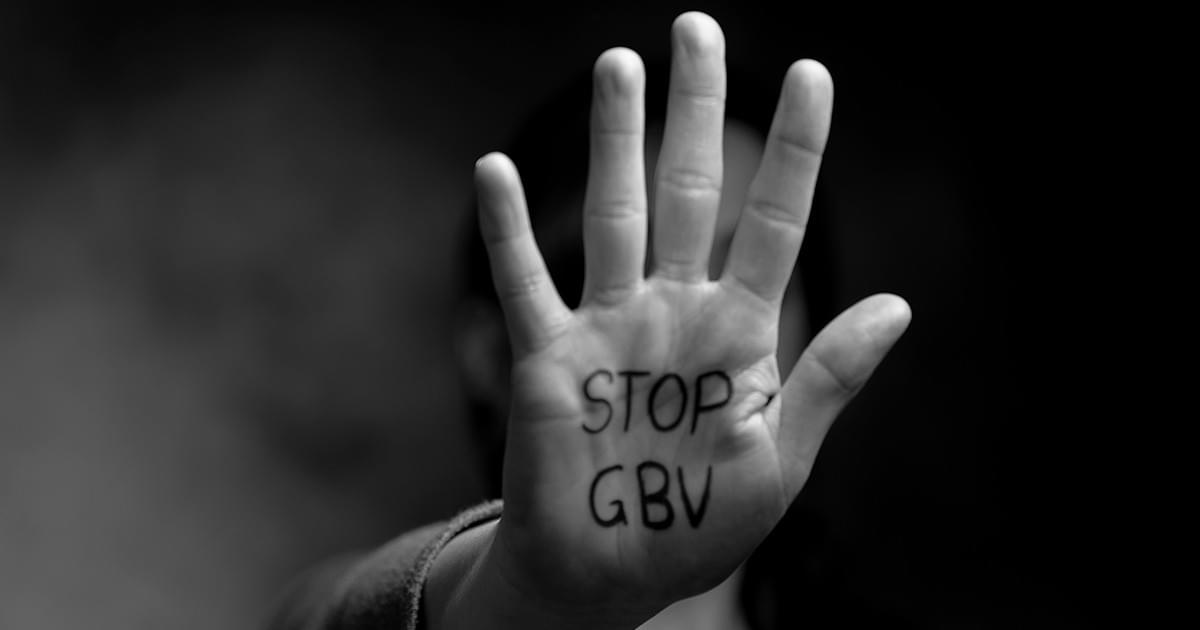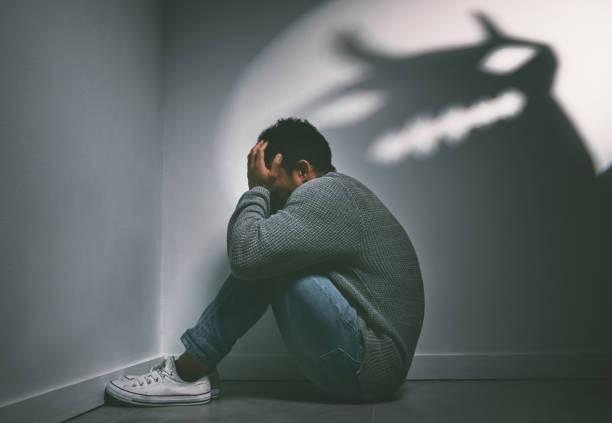
President Cyril Ramaphosa delivered his first State of the Nation Address (SONA) as the leader of the Government of National Unity (GNU). I acknowledge this historic moment and congratulate the President on this milestone.
I also appreciate the political parties that form part of the GNU for heeding the electorate's call for cooperation and stability. This collective effort has led to early signs of progress, including improved business confidence, with the coalition government bringing together diverse political parties committed to building a better South Africa. This unity has been viewed positively by both local and international investors.
However, beyond the rhetoric of unity and progress, I must confront the deep structural challenges that continue to define the lives of millions of South Africans.
Through my work in marginalized communities, I have witnessed firsthand the pain and struggles that people face daily. Chief among these are poverty, unemployment, and the high cost of education—especially for students from impoverished, marginalized, and working-class communities.
These issues are not just economic difficulties; they are forms of violence that systematically exclude and oppress.
Education remains a privilege rather than a right for many. The cost of tertiary education remains prohibitively high, trapping generations in cycles of poverty. From my experience, I have seen how many young people are unable to access higher education due to financial constraints.
The mismanagement of NSFAS has set many students and their families back in terms of any social or economic progress, leaving them in even more vulnerable positions. The government must present tangible plans to decolonize and make education genuinely accessible. We cannot claim to prioritize youth employment and development while keeping the doors of learning shut to those who need it the most.
The state of unemployment remains dire. Millions of young people are jobless, disillusioned, and without hope. In my interactions with communities, I have seen the desperation and frustration caused by a lack of economic opportunities.
What are the government’s real, actionable strategies to address the crisis? We need an approach that moves beyond empty promises and instead fosters tangible economic opportunities, particularly for those in rural areas and informal settlements.
Gender-based violence (GBV) and femicide continue to plague our nation. Women, girls, and gender-diverse people continue to live in fear, with little faith in the state’s ability to protect them. Through my work, I have engaged with survivors who feel abandoned by the system.

What concrete steps is the government taking to address GBV, beyond policy documents and summits? How will the government strengthen their work with civil society organizations that have been at the forefront of fighting GBV and supporting survivors? Collaboration with activists, shelters, and advocacy groups must be intentional and well-resourced, not an afterthought.
The mental health crisis in South Africa is worsening, with men’s mental health and high suicide rates being pressing concerns. We rarely hear government leaders discuss this issue with the urgency it requires. Through community engagements, I have observed how depression, anxiety, and trauma among men contribute to a range of societal problems, including substance abuse and violence.
What interventions are in place? How is the government planning to respond to this crisis beyond awareness campaigns? We need a national strategy that includes accessible mental health services, crisis intervention programs, and community-based support systems.

Another critical issue is the decriminalization of sex work. The continued criminalization of sex workers leaves them vulnerable to abuse, violence, and exploitation.
Through advocacy work, I have learned of the dangers faced by sex workers daily. The government must move beyond discussion and fully commit to decriminalization, ensuring that sex workers are protected under the law and given access to the same rights as other workers.
Additionally, I call for urgent action on the Liquor Amendment Bill to regulate alcohol sales and reduce the abuse that fuels violence, particularly against women and children. Our communities are suffering due to the unchecked proliferation of liquor outlets.
I have seen the devastating effects of alcohol abuse, from broken families to increased violence. We need a coordinated effort to inspect liquor outlets, enforce regulations, and prevent alcohol-related harm. This must be done in collaboration with communities and civil society groups that understand the realities on the ground.
Mr. President, these issues demand more than words; they require decisive action. What tangible steps is the GNU taking to work with civil society, grassroots movements, and advocacy organizations that have long been doing the work? South Africans are tired of promises—they want results.
Through my work and experiences, I have seen the resilience and strength of communities, but they cannot continue to struggle alone.
It is time for a government that truly serves the people, not one that simply delivers speeches. I will continue to hold the government accountable.
The fight for justice, dignity, and equality is far from over, and I, along with many others, will not be silenced.

